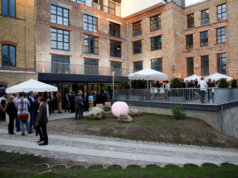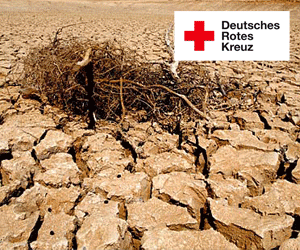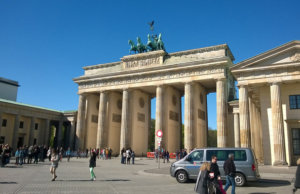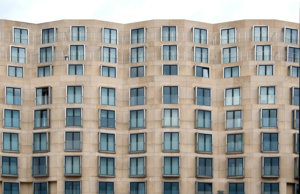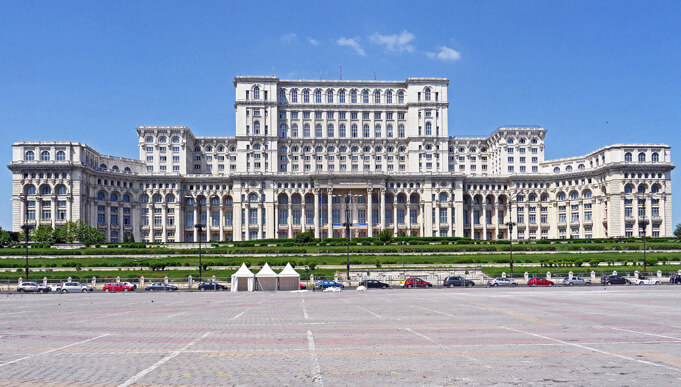
When the Brexit news broke out, everyone started looking at Berlin as Europe’s next top startup destination. A better work/life balance—comparable wages, but lower cost of living—was giving the advantage to the German capital.
And a Berlin startup 99designs even just published this infographic giving the suspicious, well, visual proof that Berlin is inching its way forward.
But if London shall pass the crown to another European city post-Brexit, is there any other option than Berlin?
A recently published article by Quartz says it may be a very unsuspecting candidate.
Could Romania be Europe’s next startup hub?
Romania joined the EU less than 10 years ago—in 2007. And while it still remains one of Europe’s poorest countries, they are the second-fastest growing economy in Europe behind Ireland.
The communist period lasted 43 years and left painful memories in the minds of many citizens. However, according to Quartz, it also left behind a strong telecommunications infrastructure and a STEM (science, technology, engineering and mathematics) focused education system.

This has created a large pool of young, well-educated STEM talent.
Combined with low wages, and cheap operating costs, Romania has become an attractive place for international companies looking to outsource.
But also, Romania is growing its own startups, too. According to the European Digital City Index, there are about 170 startups in Romania.
And remember how we wrote about TechSpace, a top London co-working space setting its sights on Berlin? Well, Bucharest has it’s own version of that—known as Accelerole.
And did you know Romania has the fastest Internet speed in Europe? And the sixth fastest in the world
This is another factor behind Romania’s tech boom. The country’s telecoms company, Romtelecom, was slow to bring broadband to customers in the 90s. So, instead, entrepreneurs set up small-scale local fiber networks using overhead cables. When western European countries had to upgrade their existing telecommunications to deliver broadband, Romania skipped the step completely and went straight to
This also means that Romania’s millennial generation were brought up with better access to the Internet than many of its
And the gender gap is pretty good in Romania, too

Romania boasts the third-highest percentage of women working in information and communications technology (ICT) in Europe. 29% of the workforce is made up of women—trailing only Bulgaria and Estonia.
This also has to do with the country’s history. In the communist regime, women were required to work in Romania. As a result, more women are choosing careers post-revolution as well.
But there are still many hurdles…
Bucharest still has many challenge to overcome before it can attract international talent at the scale of other startup hubs in the west. But increasing costs of living in Berlin, Barcelona and Amsterdam can only mean good things for the Romanian capital.
“There’s a lot of potential over here, and the first thing we need to do is to realize that ourselves,” says Alexandra Anghel, co-founder and chief technology officer of Appticles, a mobile web application startup.






